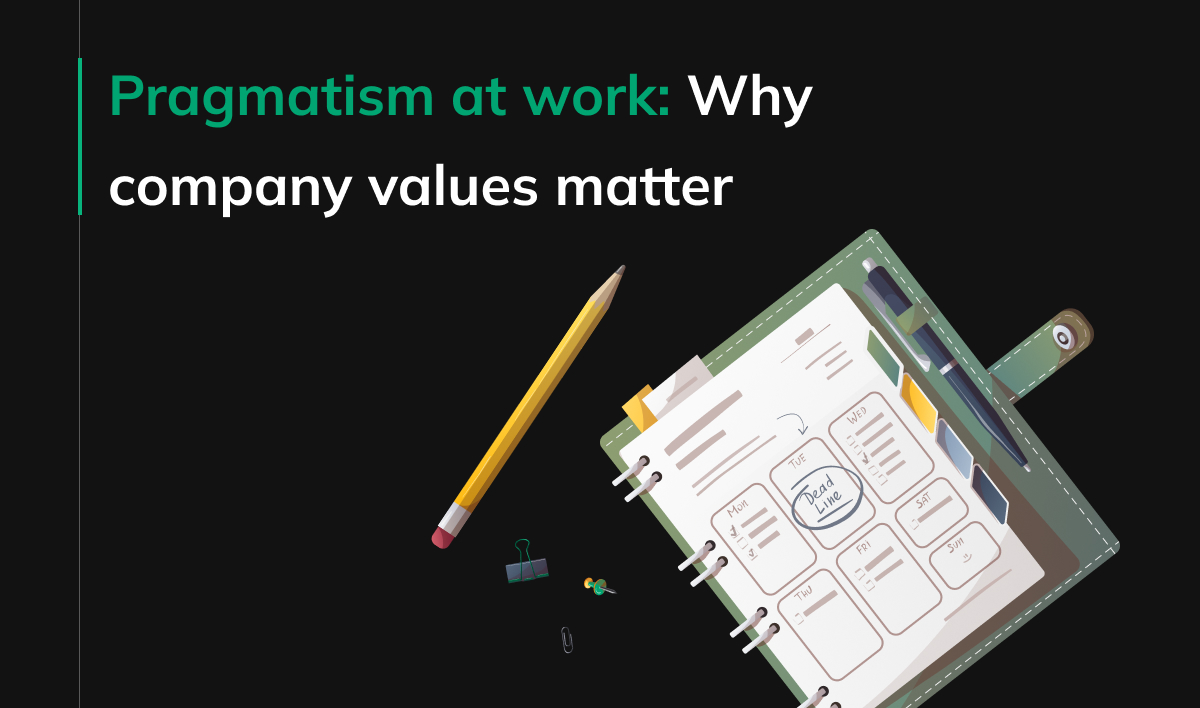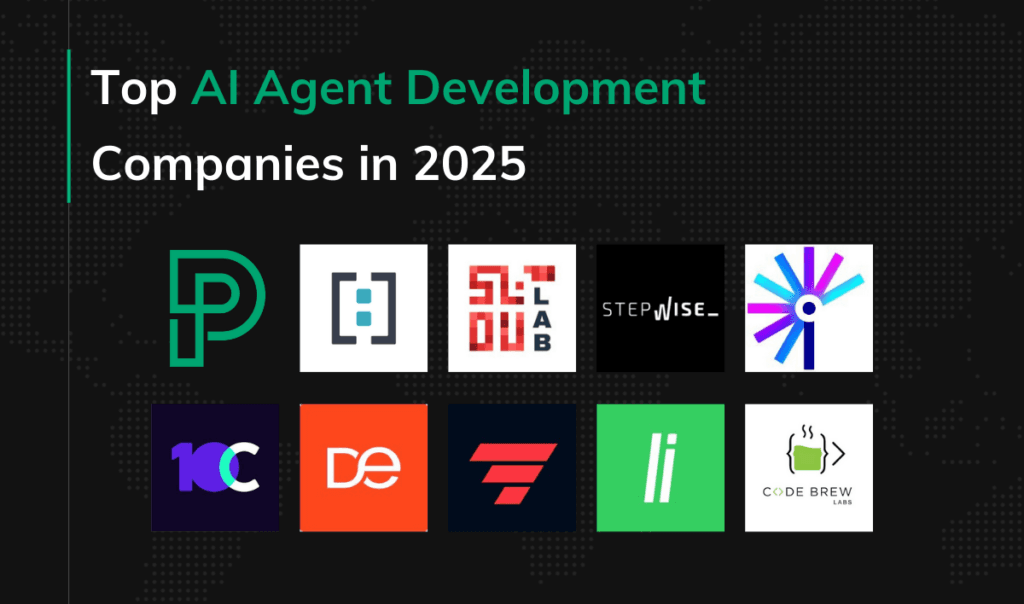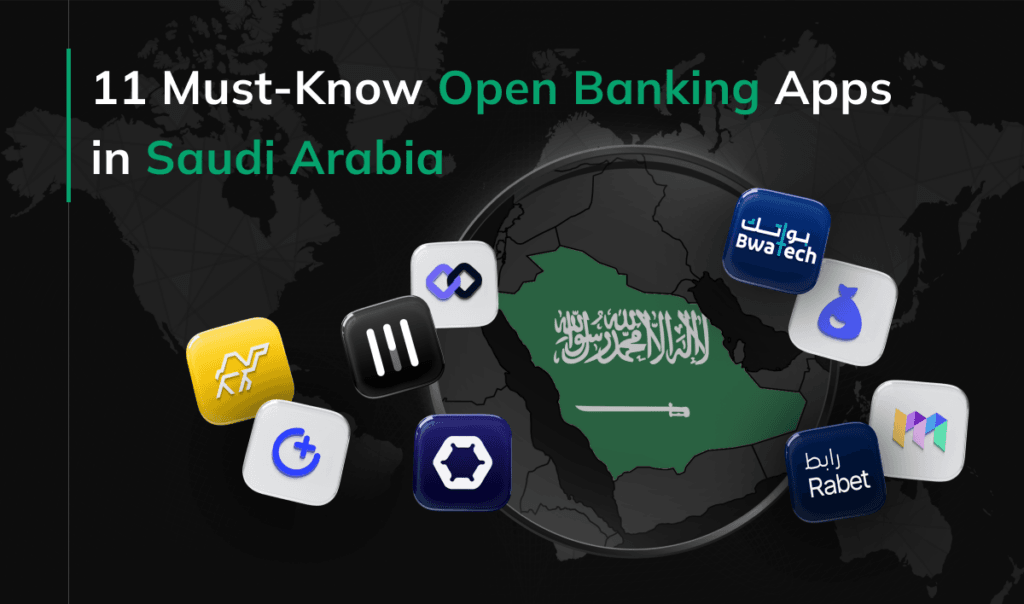Pragmatism at work: Why company values matter

I recently started a cooperation with Pragmatic Coders. From the very beginning, I came across features of organizations that are very important to me, both in terms of efficient work practices and of creating a place where people are happy to work. In this interview, I am talking to Servant Leader Marcin Janik and co-CEO Wiktor Żołnowski about company values.
Company values AD 2022
Pragmatic Coders’ work philosophy focuses on five areas:
- We take Ownership – Take responsibility for understanding the context, then decide and act.
- We are Pragmatic – Choose simple and effective solutions.
- We deliver Value – Build relations focused on delivering business value.
- We are Team-Players – Be someone you would like to work with.
- We desire to Grow – Keep feedback loops short and learn from the outcome.
Why do we need company values?
Marcin Janik: Values are the signposts that guide us as a lighthouse or the North Star. It’s easy to get lost in the tangle of everyday life. Values help us make the right decisions. Values are also an essential component of creating autonomy in an organization.
How important are the company values at Pragmatic Coders?
Marcin Janik: For me personally, they are of great importance. I have dealt with many companies, but as soon as I got to know the work culture at Pragmatic Coders I knew that I wanted to work there. You could say that the values attracted me.
The recruitment interview was a conversation over coffee. The intention was to get to know each other, understand what I am doing at work, and find out if I fit into the company. At the first meeting, I learned about the company’s history and was asked about ways to solve specific problems. For example, a question from one of the founders was “A potential customer who has funding to create a product has contacted us, but we have doubts about the legality of the product’s purpose. What would you do? “. My personal values told me that if it is inconsistent with my ethics and could have a negative impact on the company’s image, I would have to say: “No thanks, we are not going to do this even though we will lose a customer.” This is also what the client in question had been told. From this conversation, I understood the company’s attitude to work and what guides them.
When I started working at Pragmatic Coders, I appreciated the nice atmosphere. I want to work with every person who is employed here, and that’s a great thing. It shows how important one of our values – people – is. We describe it as “Be someone you would like to work with“. The employees also mentioned this value when I asked them what they like about the company culture. Responsibility, openness, competence – this is what I have found in Pragmatic Coders, and it forms the foundation of the whole organization.
Recently the values have been named and documented. How did this initiative start and how was it implemented?
Marcin Janik: In 2019, we realized that it was time to name and clarify our work philosophy. It turned into a process that was completed at the beginning of 2020.
We arranged a workshop where employees showed what they value in the company. The day after the workshop, Wiktor sent me a note from a few years ago that described the features that had been observed in the early days of the company. It turned out that many of these features have survived to this day. I find that very interesting. Pragmatic Coders has clearly a solid foundation!
Over the last few years, we’ve learned to work with clients and build a partner relationship. We have moved from being a contractor to being a partner that contributes to the client’s business success. We want to support people who have the courage to build their own products. This is a great goal to have.
Wiktor Żołnowski: I agree with Marcin that the values were not implemented arbitrarily, we just named some of the things that we were already doing in our everyday work – the behavioral patterns we observed. We chose what is effective based on research and observation. The values have been named to allow them to spread throughout the company. Today we have over 50 people, which requires a scalable process where people spread ideas and support. We have created a specific path, a work method that is unique on the market, and this has given us an advantage.
How do the employees put the company values into practice?
Marcin Janik: The quintessence of our pragmatism is to provide great value to our customers and their users, based on finding simple solutions and experience.
Listening to people, observing the process of building products, I see our pragmatism in action every day.
Wiktor Żołnowski: I think our recruitment process identifies people who are able to learn effectively. This is a rare talent. I believe that productive people have the ability to generate so-called slack time. They are looking for new methods to solve existing problems. Sometimes this happens during work hours, but I also see people who stay longer in the office because they have found some exciting new technology they want to learn more about.
We also test the ability to receive feedback and act (coachability) carefully during recruitment. We have had technically strong candidates who did not receive an offer of cooperation because we had serious doubts about their attitude to further development and coachability.
Marcin Janik: I would like to add that we are looking for a cultural match at the recruitment stage so that everyone feels good.
As a leader, I influence my colleagues through my presence in the team, and by following our values every day. It motivates me to develop and learn from others. We are all infected with this pragmatism virus – it’s contagious 🙂
We have a flat structure in the company and listen to everyone who has ideas for improvement. There is space to get involved in the development of the company.
How does pragmatism affect building products and working with clients?
Marcin Janik: We focus on our clients’ real problems. Understanding customer needs is the foundation we work on. For me, this is pragmatism.
For a pragmatic solution, it is also very important to understand the expected results. We adjust our solutions to the client’s current capabilities. An indicator of pragmatism is to work in an incremental, iterative model. We reduce the risk of failure, get quick feedback, and react quickly to changes.
We encourage our teams to be in touch with the client, to actively learn about the domain, and build relationships. That way our customers see real people who work with them, instead of just one manager who provides information, as it is in many companies. For example, when a client presents their vision of a product, every person in the meeting contributes with their feedback and ideas.
I often hear that what makes Pragmatic different is the autonomy in building the product – from the choice of technology and co-creating product functionality to influencing the customer and proposing solutions. All these things increase employee engagement.
How have your customers reacted to the company values and work philosophy?
Wiktor Żołnowski: In the year 2019, we’ve introduced NPS and quarterly customer interviews. The interviews were very valuable to us. For example, our client BLOC-X said that the team took ownership of the product implementation. Thanks to this, our clients can focus on their long-term strategic vision and we deal with the operational matters. It is much more than classic outsourcing. We are their technology partner. We generate ideas for product development, we make decisions, we have a lot of autonomy. This is possible because we have earned our clients’ trust.
Marcin Janik: I have worked on many products at Pragmatic Coders where the customer feedback has been loud and clear – they really appreciate the commitment of our teams. They also emphasize the quality of our work. Our customers feel that our people want to help them and that our goal is to find meaningful solutions.
Summary
I hope you agree that pragmatism can bring great value, especially when you consider the millions of decisions that we have to make to create software and build digital products.




